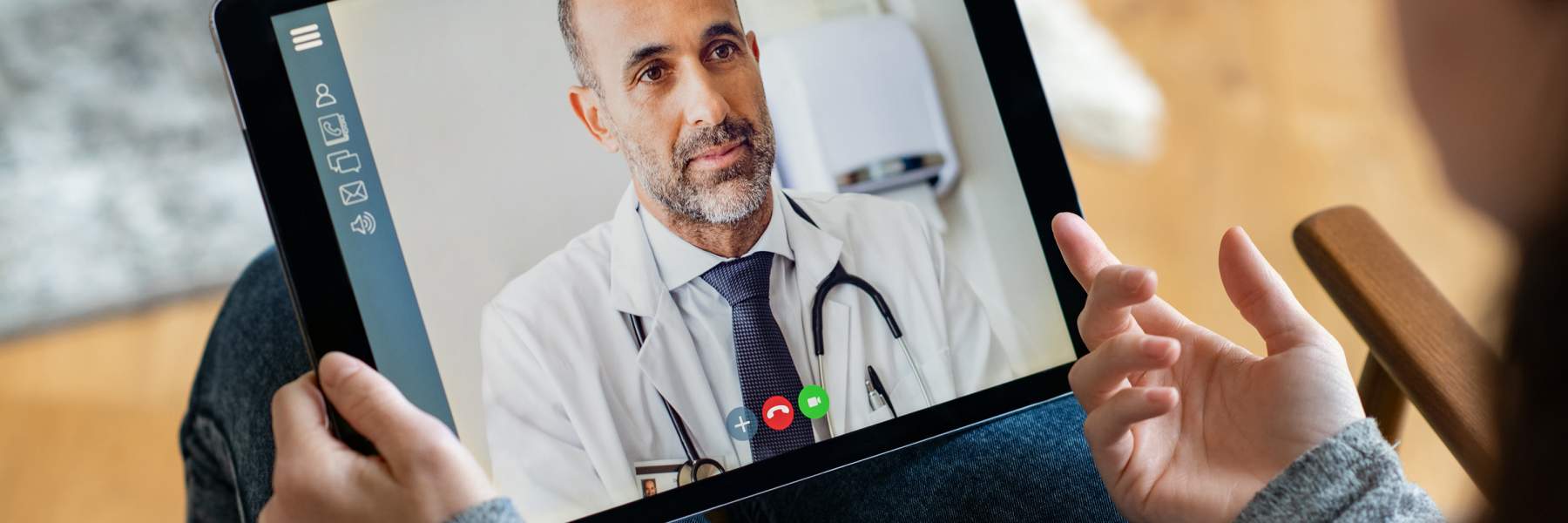Endometriosis is not just a physical disease. It can impact your physical and emotional quality of life. Everyone’s experience is different but endometriosis-related symptoms, delay in diagnosis, and different treatments may impact physical and emotional wellbeing, which in turn can influence engagement in work, family life, social life, and other relationships.
The experiences associated with a diagnosis of endometriosis can also affect the way we feel about ourselves and our relationship with our body.

The pain of misdiagnosis
Endometriosis is often misdiagnosed, and this is due in part to the wide variety of symptom presentations. Endometriosis also shares symptoms in common with other persistent health conditions which further complicates diagnosis. People with endometriosis report that there is a limited understanding of the disease in the broader community and medical system. This has resulted in a significant delay to diagnosis ranging from 6.4 – 8 years. This delay in diagnosis can have a significant impact on quality of life, and may also lead to symptoms of anxiety or low mood, particularly if it is felt that symptoms have been disregarded or overlooked. Another consequence of a delay in diagnosis is that it can result in longer wait times for appropriate treatment options that may potentially improve quality of life. We also know that delay in diagnosis is associated with lower levels of psychological wellbeing and self-compassion (how you view yourself) in people with endometriosis.
From the patient’s view, endometriosis can be a nightmare of misinformation, myths, taboos, lack of diagnosis, and problematic hit and miss treatments overlaid by a painful, chronic, stubborn disease
Post-diagnosis
Once a diagnosis of endometriosis is made, many people are relieved to have an explanation for their symptoms. However, even with a definitive diagnosis, endometriosis may continue to have a negative impact on emotional wellbeing as no one treatment fits all and uncertainty about the future may still be present. Some find that their quality of life is affected by pain, the emotional impact of subfertility, distress about disease recurrence, and uncertainty about a future of repeated operations and long term medical management.
The symptoms of endometriosis can be persistent and unrelenting, affecting people’s lives by interrupting their ability to fulfil their different roles (e.g. go to work, attend school, care for family) in the way that they would like to. A significant financial burden also accompanies the diagnosis of endometriosis. The cost of GPs, gynaecologists, allied health providers, medications and surgeries can lead to a feeling of overwhelm and anxiety and reduce emotional wellbeing. In Australia, endometriosis costs $30,000 per person on average, including health care, impacts on productivity, and carer costs.
How to encourage emotional wellbeing
If you have been diagnosed with endometriosis or are experiencing symptoms that you think are potentially related to endometriosis, you may be wondering what steps to take to support your own emotional wellbeing. We have listed some suggestions that may help.
Step 1. Find a good GP
General Practitioners play a vital role in looking after people with chronic health conditions such as endometriosis. It is important to find a GP you connect with and feel safe talking to about sensitive or personal matters. When dealing with tough times, seeing a GP is a good way to debrief and they can refer you to a psychologist or counsellor. On the flip side, when you’re feeling good it is equally important to check in and reflect on how and why things are going well. GPs can also help keep track of your symptoms and give you options about alternative or further treatment options – whether through referrals to other health professionals or by making changes to your medication regime.

Step 2. Ask for a Chronic Disease Management Plan or a Mental Health Care Plan
A chronic disease is a condition that has been affecting a person for over 6 months, which is often the case for endometriosis. In Australia, chronic disease management is supported by Medicare. This enables GPs to prepare and implement a Chronic Condition Management Plan. This plan allows you to access five subsidised allied health services per calendar year through referral by your GP, including psychologists, dieticians, physiotherapists and more. Alternatively, you can talk to your GP about a referral to see a psychologist under a Mental Health Care Plan (MHCP). This allows you to access up to 10 Medicare rebatable sessions each calendar year.
Step 3. Try reflective writing
It is important that people with chronic conditions like endometriosis play an active role in managing their condition in conjunction with their healthcare providers. Many people with endometriosis find that taking 10-15 minutes out of their day to keep a journal can be beneficial. An endometriosis journal is where you reflect on your symptoms and identify trigger points (e.g. Is your period due? Are you ovulating?) and what makes them improve (e.g. Did some gentle exercise help your symptoms?). Journaling can also help you keep notes of your treatment plans and what’s helping (e.g. Have you started a new medication and how does it make you feel?) It is also important to reflect on how endometriosis is affecting your emotional wellbeing/mood. Did you have a good day or was today more difficult? Self-reflection is a form of mindfulness and helps us stay in touch with our inner selves and emotions.

Other mind and body therapies to consider include relaxation methods, TENS, and CBT. EndoZone has information about each of these therapies for you to consider.
Step 4. Build your support network
At times, living with endometriosis can be tough and can affect your emotional wellbeing. Whether you live with endometriosis or a loved one, it is important to be open with your friends and family, so that they can support you on the days when you’re feeling low and celebrate every small win in your endometriosis experience. Beyond your immediate circle of family and friends, support groups can help people with endometriosis to connect with others going through similar experiences and provide information for managing endometriosis. If you don’t have a support group in your local area, you can find private support groups through social media sites such as Facebook.

 Skip to main content
Skip to main content